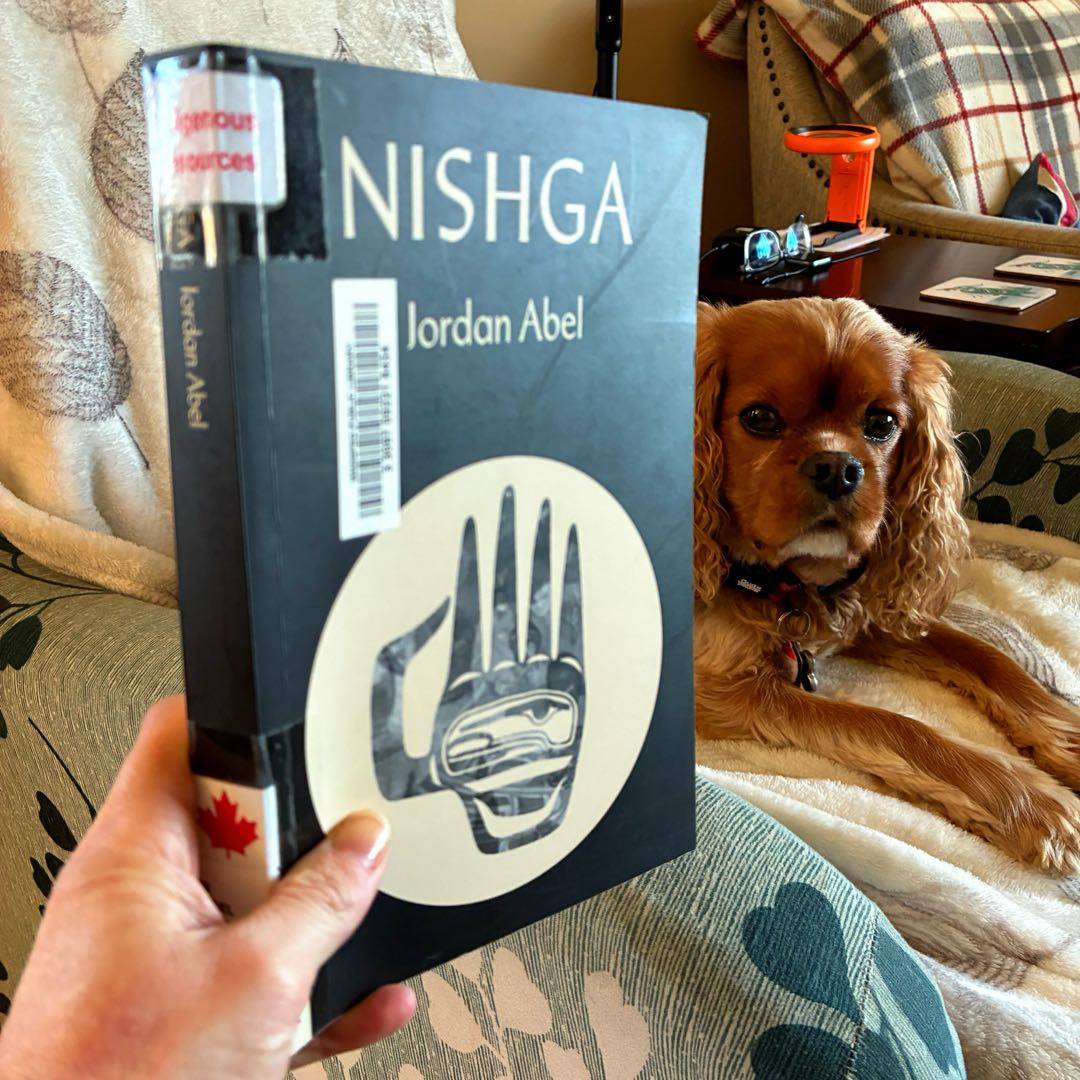
Throwback to earlier in the week, when I found NISHGA impossible to put down. Jordan Abel‘s research-creation is personal, academic, poetic, and intense. Absolutely going on my must-read nonfiction recs list.
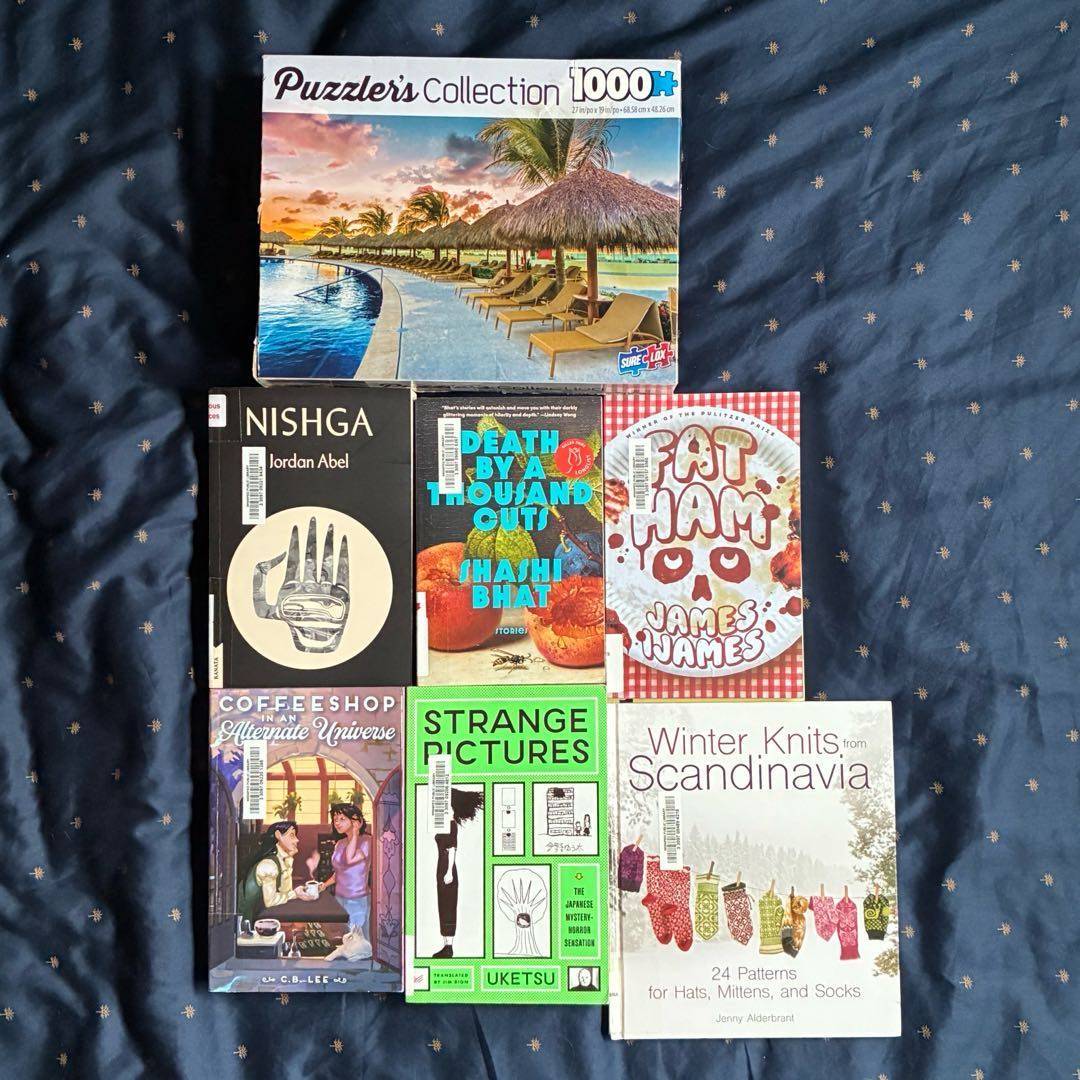
I meant to return four library books and borrow three, but I found the tagged memoir on the New Stuff display, and a short fiction collection, and then a couple plays jumped out at me (one of which, DRAGONFLY by Laura Rae, I accidentally put behind the other for this pic), and here I am with a STACK.
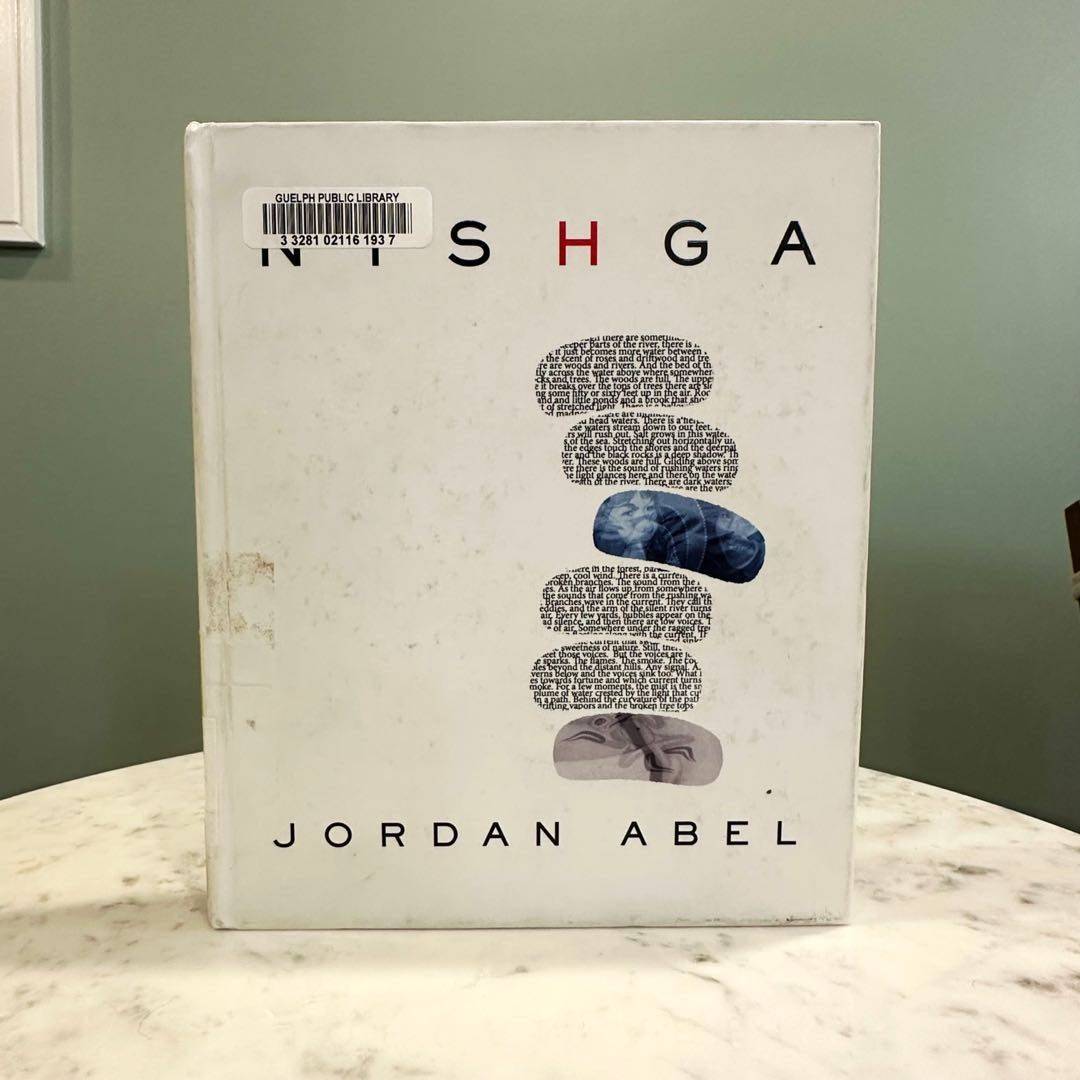
A very moving memoir told through excerpts of court documents, presentations, notes, and art, bringing me a new perspective of the Indigenous experience that I hadn't considered before.
I do wish the book had been in full colour, though. Some of the art was very difficult to see.
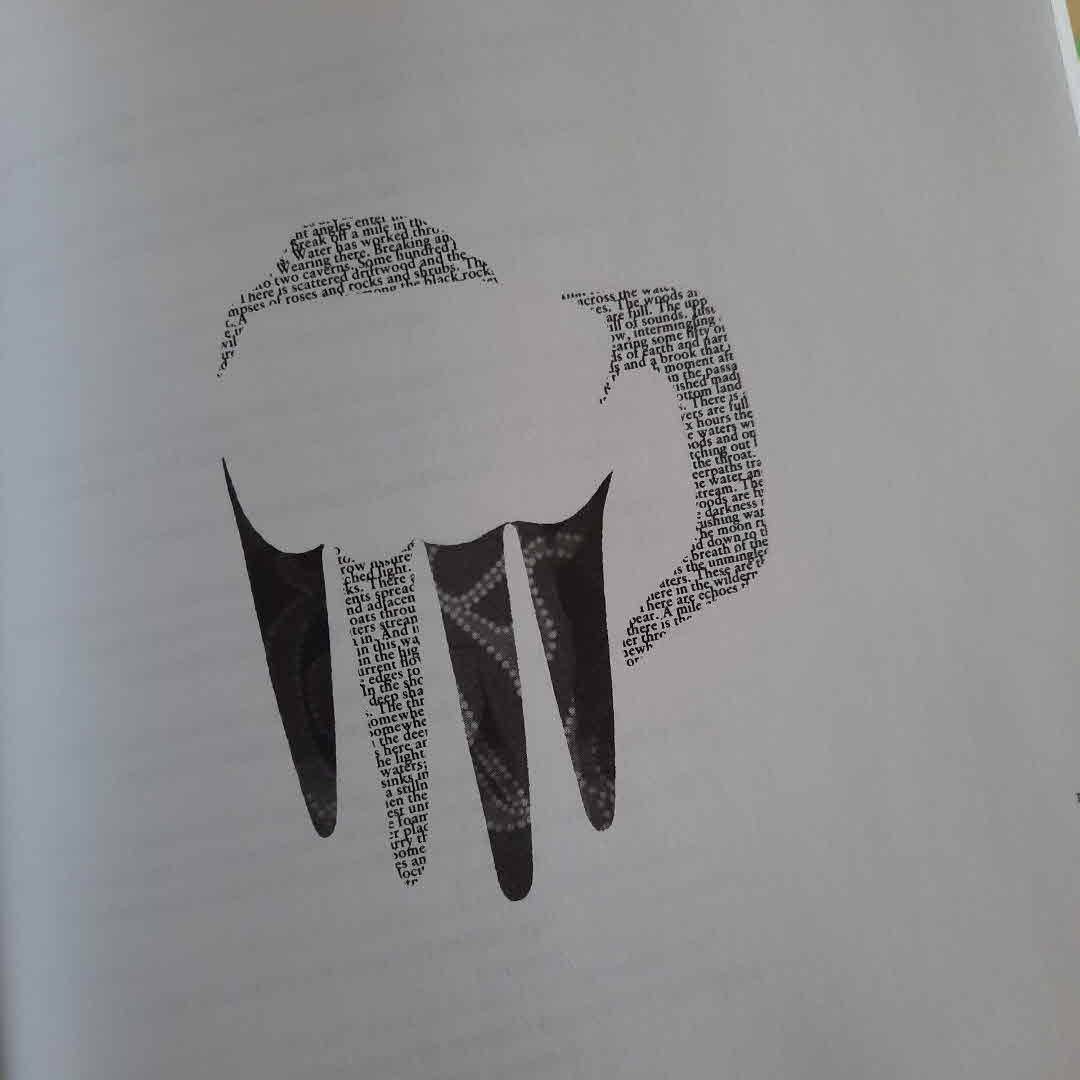
"This is an old, sad, painful story that hurts just as much yesterday as it does today. There's nothing new about it but it's still not going anywhere."
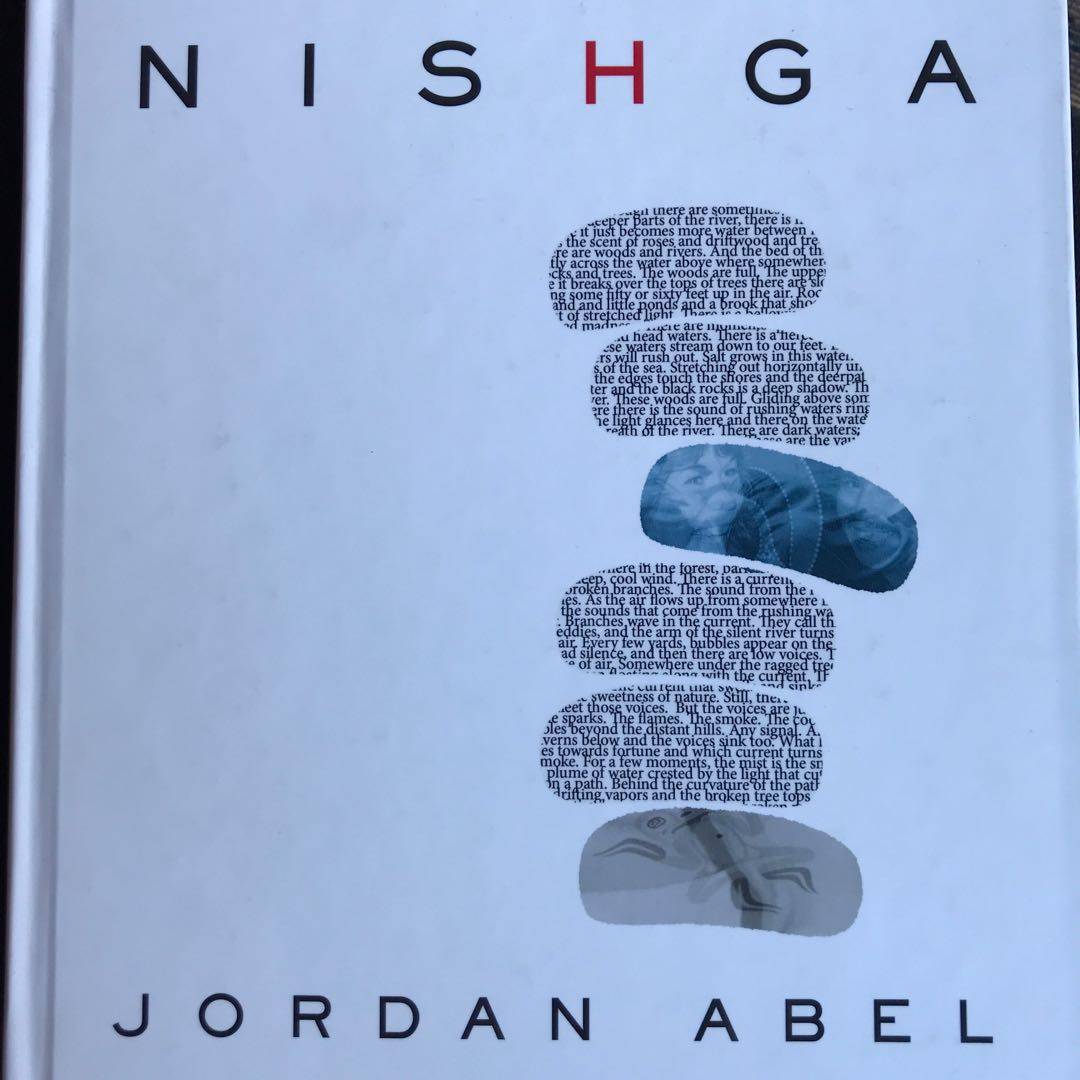
What does it mean to be Indigenous but to grow up in a city, severed from Indigenous community & land? Are you still Indigenous if you have mixed heritage & don‘t know the language of your ancestors? How does one deal with intergenerational trauma from Residential Schools? In this visually striking & moving memoir created from found texts, transcripts & concrete poetry combined with his father‘s art, Jordan Abel answers these questions. #Canadian
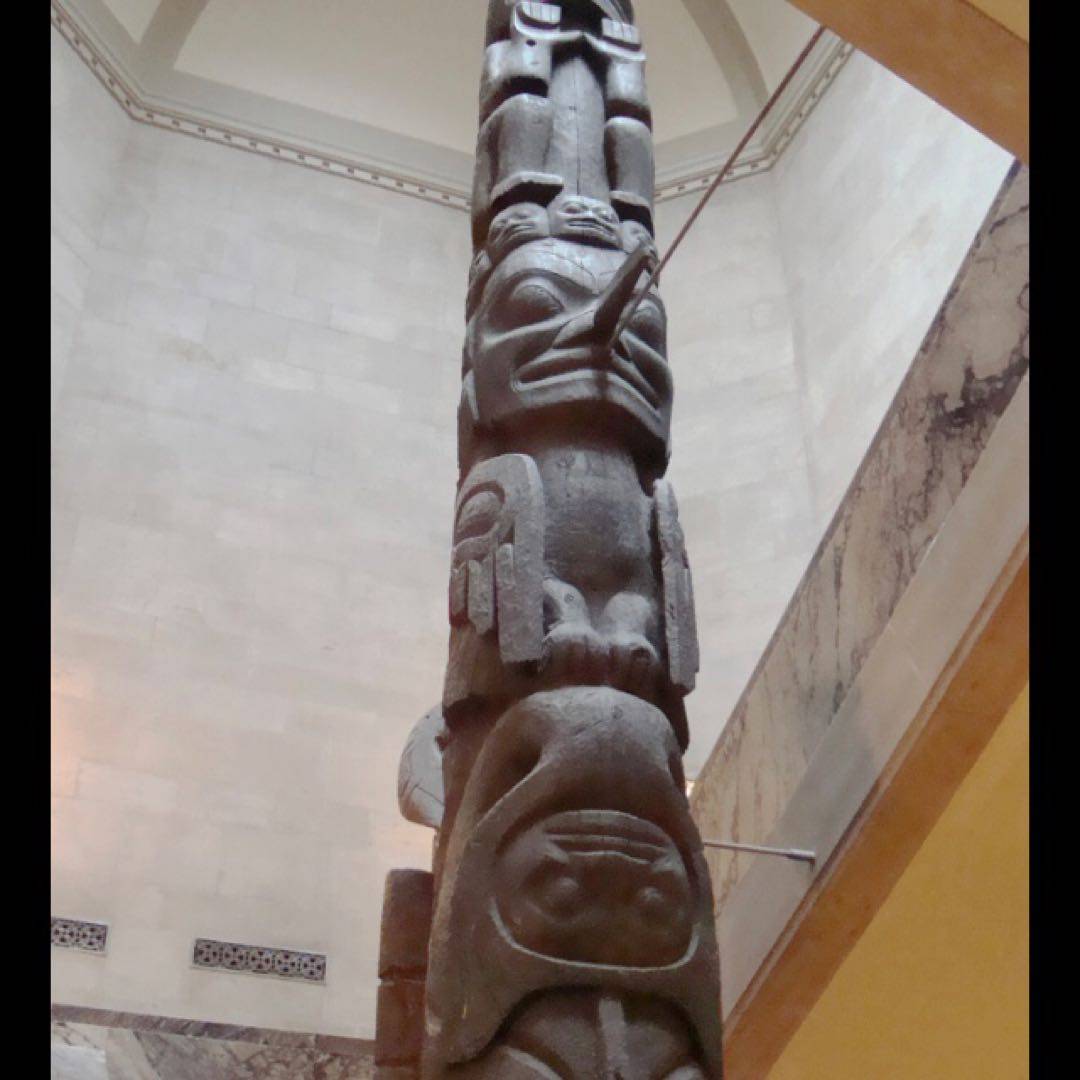
Abel writes about the experience of standing in front of a totem pole at the Royal Ontario Museum. The pole “was taken from my home community by Marius Barbeau & the event of me standing in this place was a reunion of sorts. Except I‘d never seen this pole before. I‘d only read about it in books “
(Internet photo)
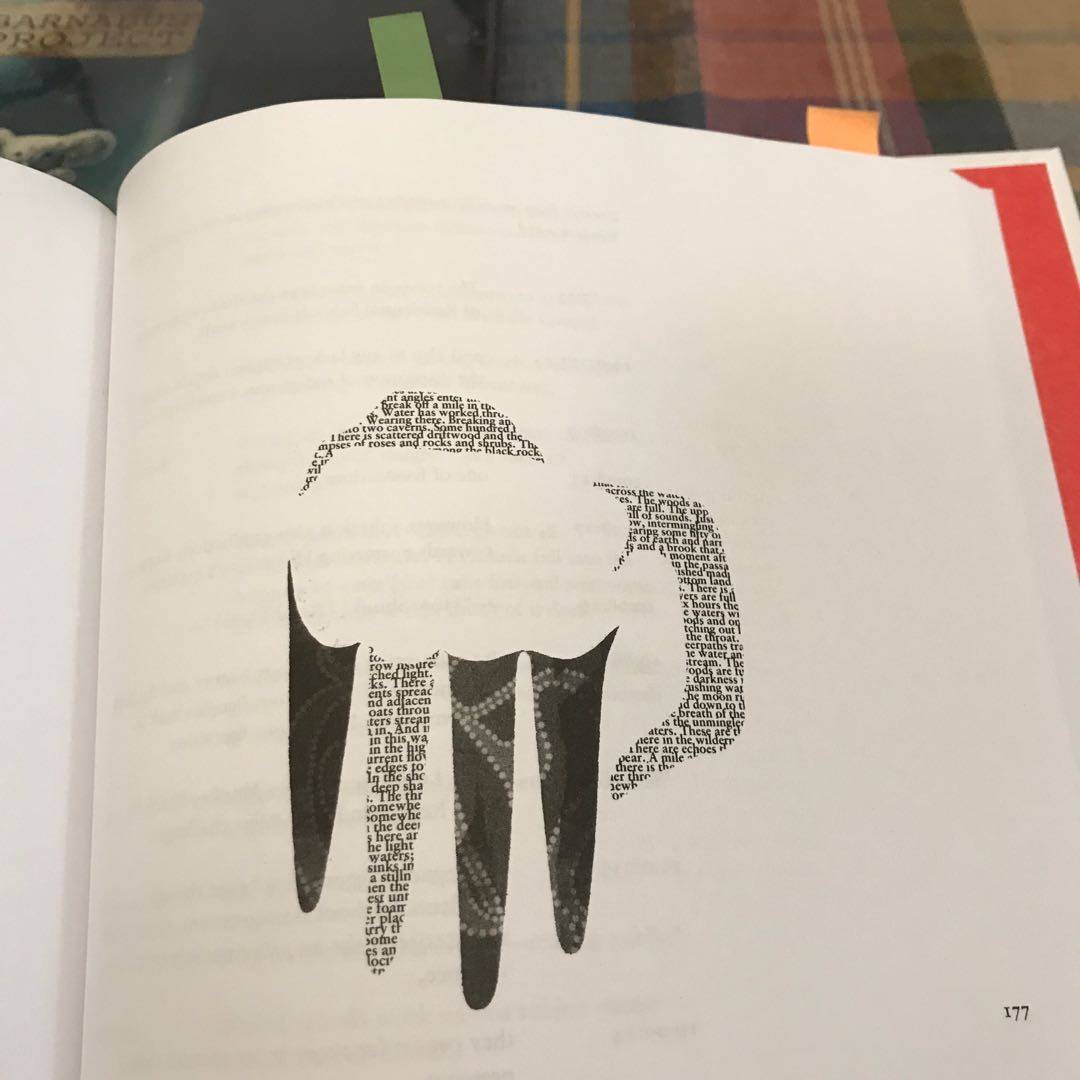
During the question period, a professor raised his hand & spoke for several minutes before coming to his question: “What is new about this?” He didn‘t really care about how I might respond. He just wanted me to know that he didn‘t think my work had any value. If he asked me that now, I would say: “Nothing. This is an old, sad, painful story that hurts just as much yesterday as it does today.”
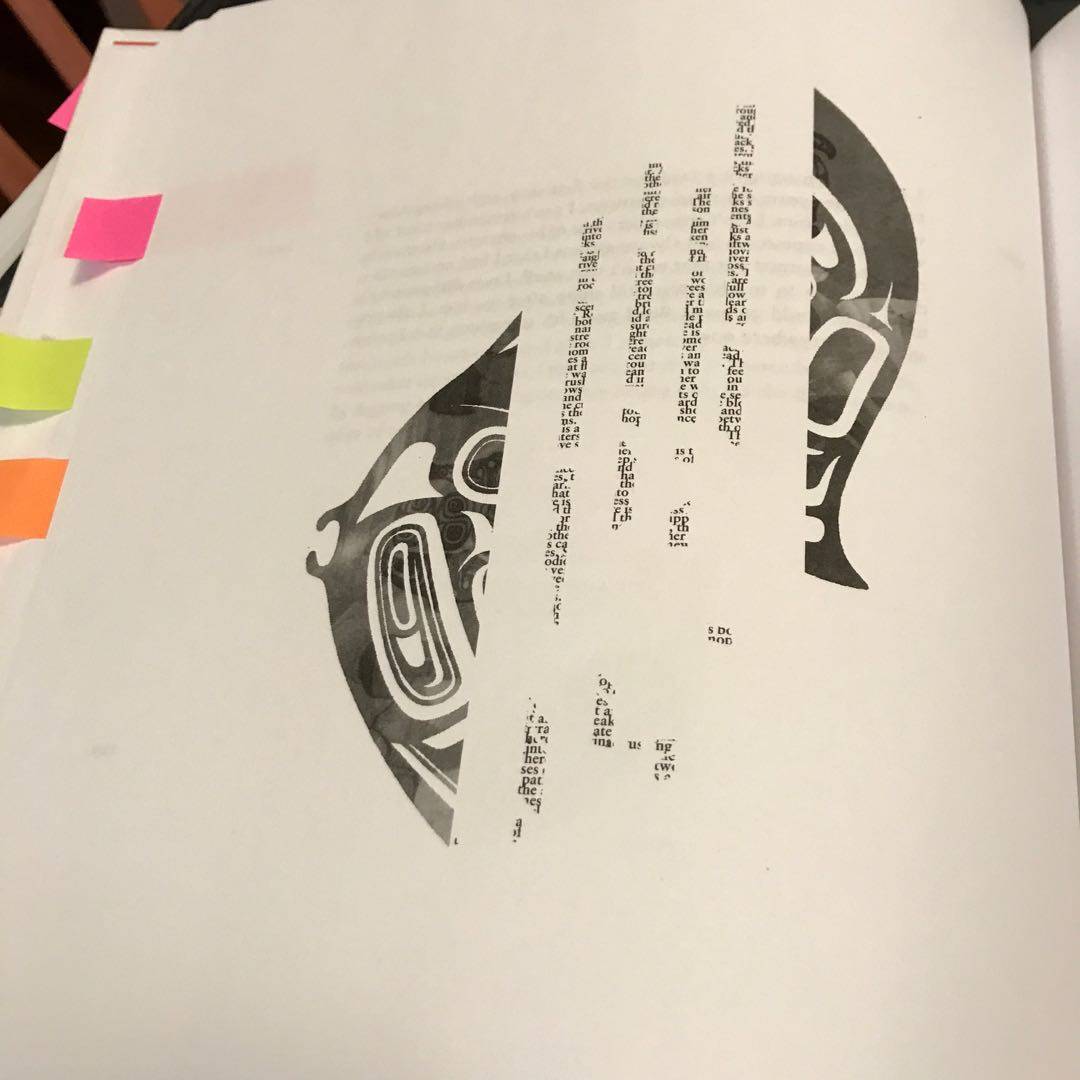
I remember meeting my Dad for the first time & asking him 23 years worth of questions. I can‘t remember most of what I asked him. I can‘t remember most of his answers. He wasn‘t what I had expected. I had always assumed that I had no expectations. But it turned out that wasn‘t true at all. I was disappointed that the hole in my life was still there after we met. I always thought it would go away. ⬇️
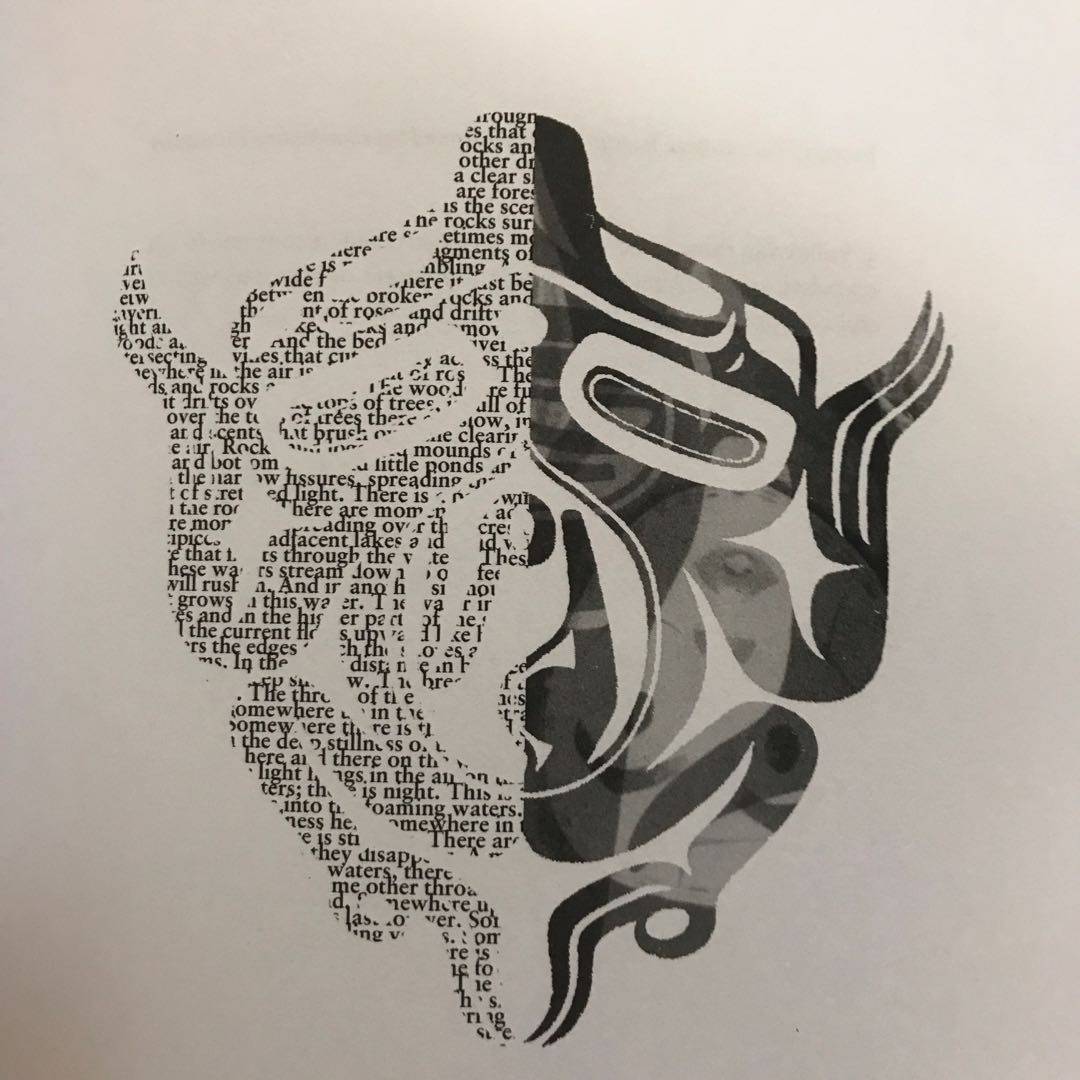
I work with found text because that was my first real connection to Indigeneity, and, as an intergenerational survivor of Residential Schools, I create art that attempts to reflect my life experience, including my severance from Indigenous knowledge and land.
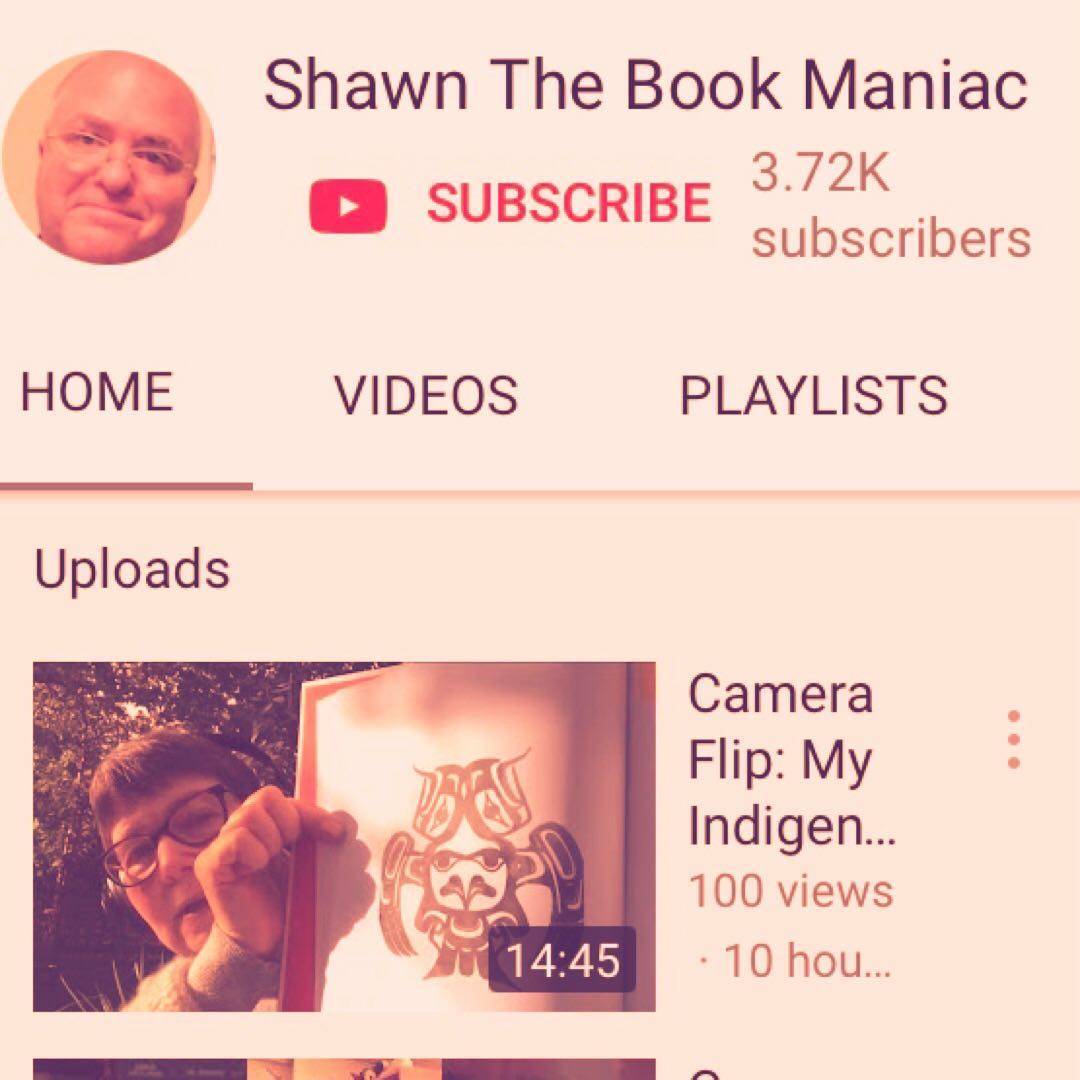
Shawn is celebrating his fourth anniversary on booktube and so I created my first book video at his invitation. The topic is my Indigenous books TBR and you can view it here: https://youtu.be/uOA_OUU5y0k
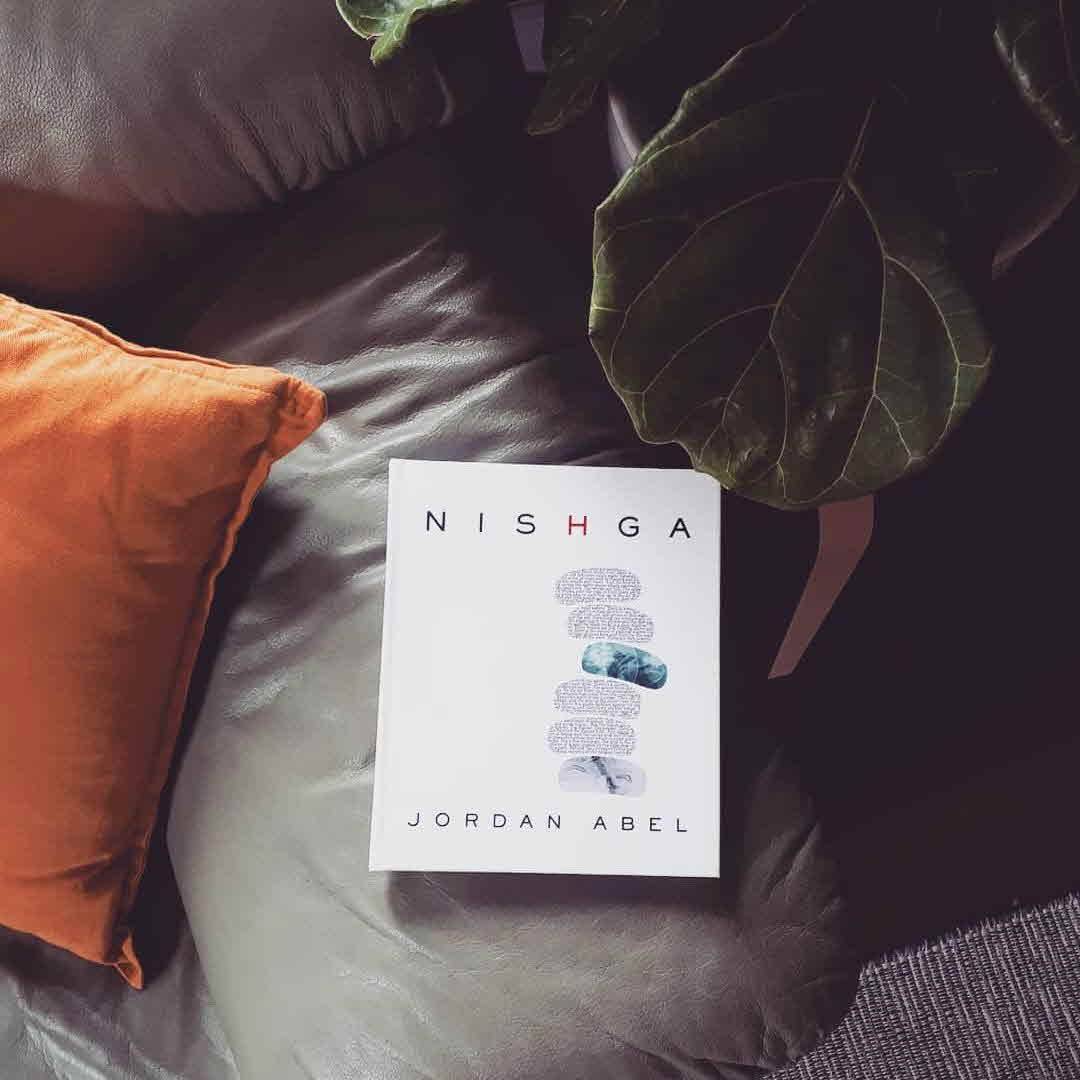
5🌟 A brilliant, painful and groundbreaking memoir. This book is essential in understanding the fallout of residential schools. Abel shares of what it was like growing up disconnected from his Nishga roots, of tracing his families history in residential schools and offering insight on being an intergenerational survivor, of his mental health struggles and his experience of Indigeneity. Candid and moving, reccomended reading! #bookreview